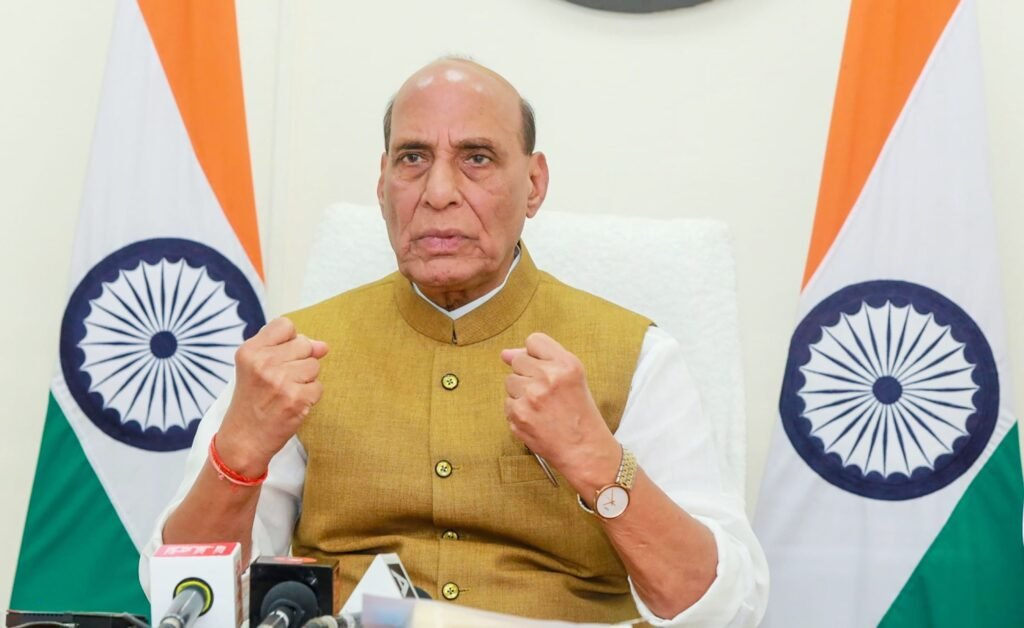In a powerful diplomatic move, Defence Minister Rajnath Singh refused to sign the Shanghai Cooperation Organisation (SCO) joint statement, objecting to its exclusion of the Pahalgam terror attack, which killed 26 innocent civilians, and its indirect accusations against India regarding Balochistan.
The statement, believed to be influenced by Pakistan and China—the latter currently chairing SCO—failed to reflect India’s strong stance against terrorism. Mr. Singh, attending the SCO Defence Ministers’ meeting in Qingdao, China, emphasized that India will not accept double standards on terrorism.
“Peace and prosperity cannot co-exist with terrorism and the proliferation of WMDs in the hands of non-state actors,” he said, calling out Pakistan without naming it, for using cross-border terrorism as state policy.
Referring directly to the Pahalgam attack, Mr. Singh said it was carried out by The Resistance Front, a proxy of Lashkar-e-Taiba (LeT). Victims were targeted based on religious identity, and India, he said, had exercised its right to defend itself and deter future attacks, sending a clear warning: “Epicentres of terrorism are no longer safe.”
The Defence Minister urged SCO members to unite against radicalisation, extremism, and terrorism, calling every act of terror criminal and unjustifiable, and demanding that organisers, financiers, and sponsors of terrorism be brought to justice.
This move comes in the wake of Operation Sindoor, and India’s global outreach to reinforce its zero-tolerance policy on terrorism. Singh’s refusal to sign the SCO statement sends a strong message to neighbours and the international community alike: India will not compromise on its national security narrative.





